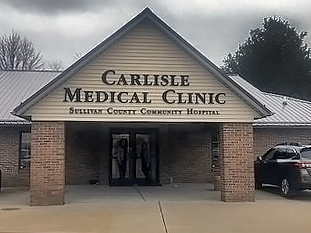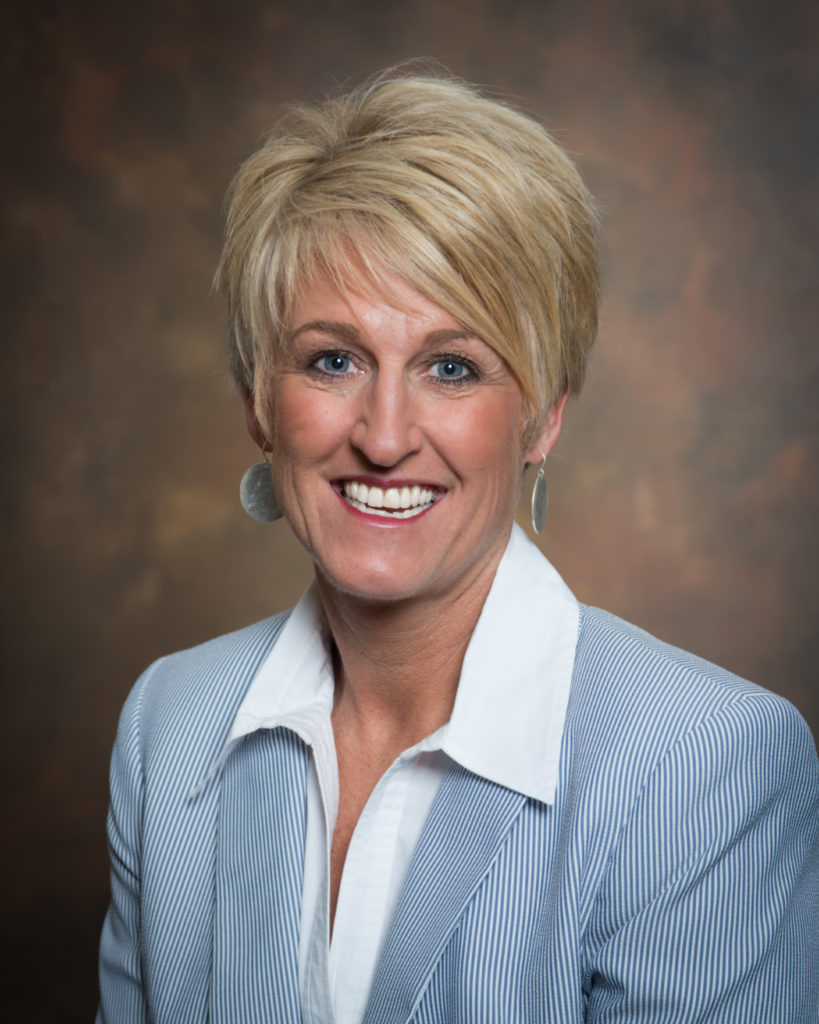Supporting health and wellness in Indiana’s coal counties
Helping just about any group to get a better handle on health and wellness is no easy task. It’s especially challenging when the group is coal miners living and working in smaller towns in rural Indiana. For many, there simply isn’t ready access to health care, including preventive services and affordable meds.
That’s the situation that faced Sunrise Coal, with coal mines in Clay, Sullivan, and Knox counties. The small town near one of its mines is a good example. It’s home to several hundred people, a school, a post office, a pizza place, a prison, some churches, and a handful of other small businesses-but health care options were limited before the coal company established an employee wellness clinic there.

The clinic was part of the package when Sunrise purchased the Vectren Mines in 2014, and the company then invested in and grew the clinic. In early 2017, Sunrise brought in Sullivan County Community Hospital to operate the clinic, says Michelle Franklin, hospital CEO. The clinic employs a nurse practitioner, wellness coach, nurse, and office manager, and is open 40 hours a week.
From the beginning, Franklin says, Sunrise was interested in providing not just primary and urgent care, but also a strong focus on wellness and prevention. Many of the people on the Sunrise medical plan had chronic illnesses that either were not yet diagnosed or not managed well.
Sullivan County Community Hospital already had some experience running employer clinics and tackling such challenges, “but the interesting thing about Sunrise is they have taken it a step further,” Franklin observes. “We’re doing medication management-we actually dispense generic drugs onsite, so those no longer go through a pharmacy benefit manager.” Medication expenses are passed through and billed directly to the employer, without a retail markup.

The clinic also provides a more direct and efficient connection to diagnostic testing. Imaging and other tests ordered by clinic providers are conducted at the hospital and billed directly to the company, bypassing insurance.
As the first year of the partnership progressed, the clinic also added pre-employment physicals to the menu, covering such things as drug screens, hearing tests, and pulmonary function tests. “That saves them drive time and turnaround,” she says. ‘They can hire quickly and get people on the job and productive.”
Any employee or spouse can log in to a portal and schedule an appointment. And because the clinic is conveniently located, employees can deal with their health care needs without a lot of lost work time. “Our clinic is free to employees, free to family members, and most diagnostics are free if they are ordered in the clinic and done at the hospital,” says Sara Clark, director of human resources and risk management at Sunrise Coal.
The cost advantage and convenience mean employees and family members are getting care that they weren’t getting before. And that is the ultimate goal. “I feel very strongly about the power of reducing barriers to health care,” Clark says.
“I always get questions about what’s the ROI,” she continues. “Of course, we want to save money, but our primary focus is to reduce barriers to health care. I believe if someone gets treatment, they are going to recover more quickly. The sooner you get treatment, the better the outcomes are going to be. We’ll catch things more quickly. We want to make health care and being healthy more convenient.”
The incentives for getting healthy go beyond the cost and convenience advantages. Those with certain chronic conditions are connected with the wellness coach, and there are fitness contests and challenges with cash prizes.
The clinic also offers such technology as body composition analysis, which helps employees understand how they’re reducing body fat while adding muscle. “Sometimes people get discouraged when the scale isn’t moving,” Clark says. “This helps you see changes in your body, good or bad.”
Is the effort working? Just ask Joe Witsman, an employee who began wellness coaching in the summer of 2018. He already was motivated, having quit smoking and lost 60 pounds. The wellness coach helped him get an even better handle on healthy eating, and by the end of 2019 he had lost an additional 60 pounds and committed to running almost daily. Sunrise honored him as a “Wellness Superstar” last year.
Or check with Tim Manuel, who in the past was on and off diets, exercising a lot and then getting out of the habit, dropping weight and then regaining it. Wellness coaching encouraged him to move to sustainable healthy eating and moderate but consistent exercise. He earned a “Wellness Superstar” award for dropping 40 pounds in a year, and almost 80 from his heaviest weight.
In all, there are just under 2,600 people on the Sunrise insurance plan, including about 775 employees. Clark says “primary care usage is down and the prescription spend is down.”
From the hospital’s perspective, “we are capturing ancillary revenues we had never seen before,” Franklin says. “It has been very beneficial to us as a business and a good thing for the mine as well.” But most important, says Clark, it has been good for employees and families. Saving money is great, but improving health is priceless, she says.
“You can’t quantify the heart attack that didn’t happen because that person is now taking cholesterol medication,” Clark says. “You can’t quantify the stroke that didn’t happen. Or catching cancer at Stage 1 or Stage 2, before it gets to Stage 3 or 4.”

